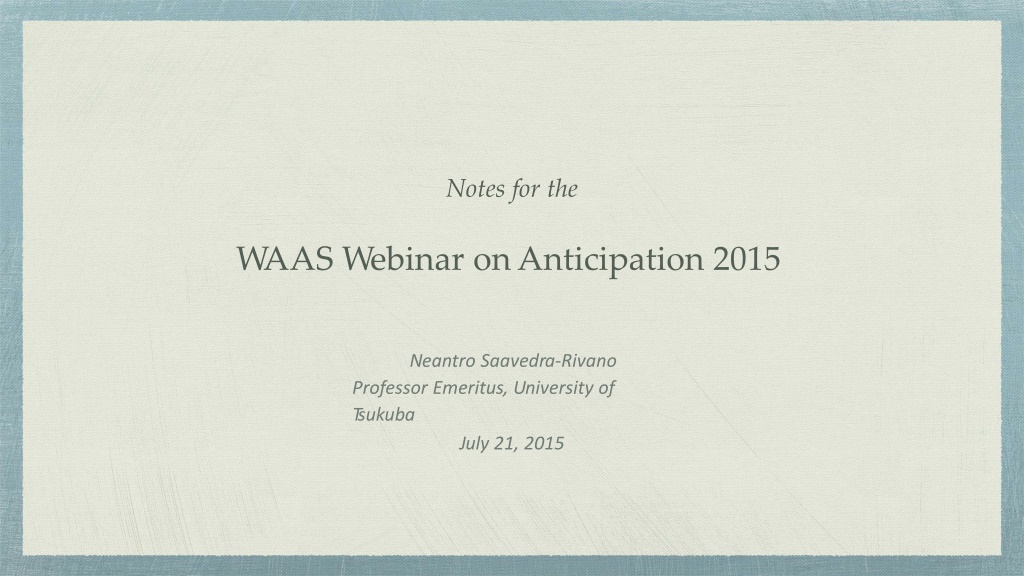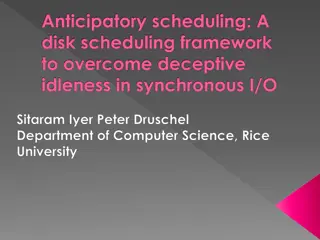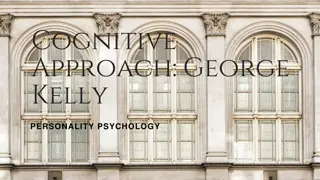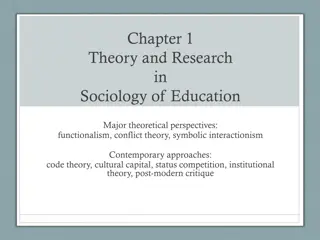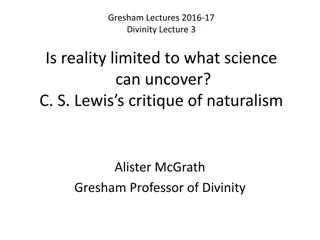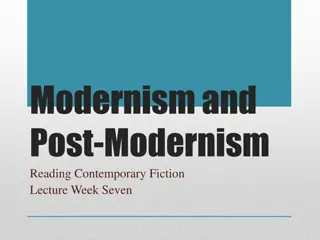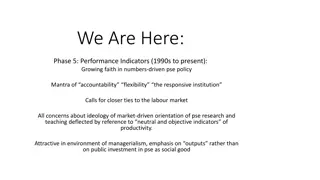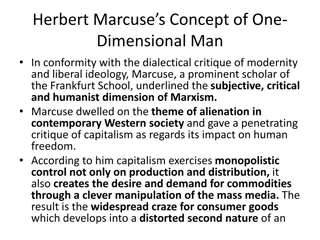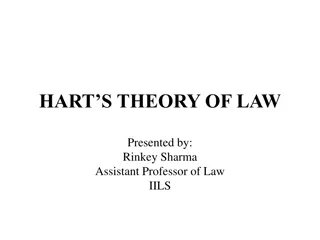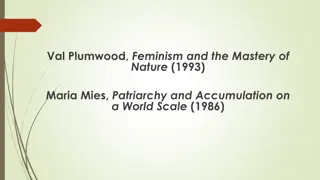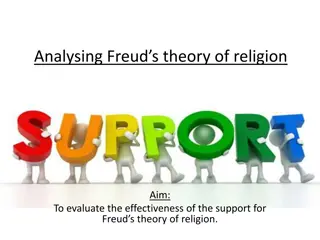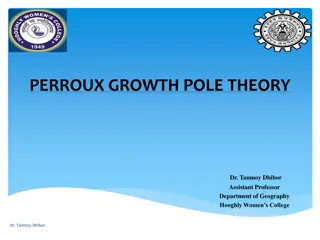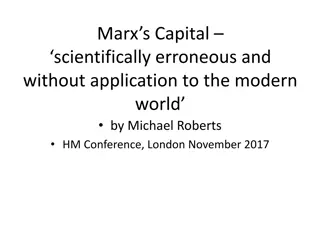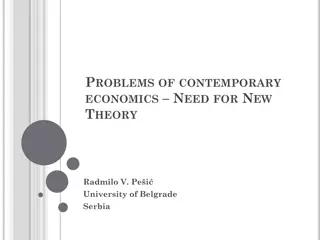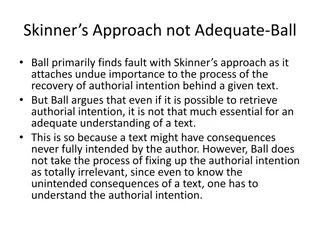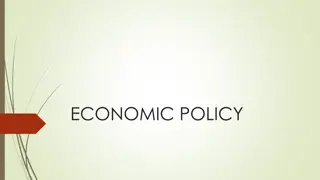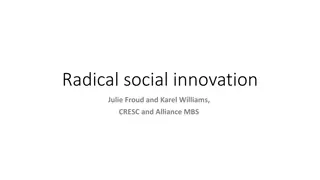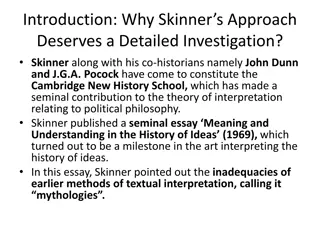Anticipatory Approach to Economic Theory - Highlights and Critiques
Critiques of conventional economic thinking include its ahistorical approach, lack of focus on social issues, and uniform policy recipes. An alternative, anticipatory approach to economic theory emphasizes the role of uncertainty in driving change and transforming economic institutions. It explores passive versus active anticipation in response to transformation processes, highlighting the importance of anticipating and adapting to change in economic analysis.
Download Presentation

Please find below an Image/Link to download the presentation.
The content on the website is provided AS IS for your information and personal use only. It may not be sold, licensed, or shared on other websites without obtaining consent from the author. Download presentation by click this link. If you encounter any issues during the download, it is possible that the publisher has removed the file from their server.
E N D
Presentation Transcript
Notes for the WAAS Webinar onAnticipation 2015 Neantro Saavedra-Rivano Professor Emeritus, University of T sukuba July 21, 2015
Some common criticism of conventional economic thinking Ahistorical method and approach Gives short shrift or plainly ignores social issues Pretension to be value-free Uniform policy recipes regardless of specific country context Mechanistic view of what should be a human science
Myown(favorite)critique Views the human environment as immutable It thus ignores the fact that this environment has been changing throughout the ages and there is no reason to assume that process will stop Impact of knowledge is limited to that of technology in production processes Refuses to acknowledge the role of knowledge and technology in transforming society , its institutions and world views
Some elements for an anticipatory approach to economic theory Recognition that human and social efforts to reduce uncertainty generate processes that become prime inducers of change These processes are bound to transform economic institutions. Their outcome is not always clear: in some cases crises may delay those outcomes, often there might be multiple solutions Economic theory needs to anticipate (at least) the broad outlines of these transformations and adapt its analysis accordingly . Both normative and positive approaches are possible In some instances, these changes are already taking shape (no need of anticipation ), while economic theory still struggles to recognize them
Passiveversusactiveanticipation Three possible situations for a transformation process Transformation already took place but is not generally perceived Transition smooth and outcome can be guessed Transition is not smooth (crisis), multiplicity of possible outcomes In the first case there is not particular need for anticipation, although economic theory need to adjust its tools and models (positive approach) In the second case anticipation is important, albeit it will be passive in the sense that it cannot affect the (unavoidable) outcome; approach from economic theory will once again be positive In the third case anticipation has a potential to be active and try to steer the transformation process towards a desired (and, in some cases, designed) outcome; there is a normative role for economic theory In all cases, the impossibility for the social scientist to be an external observer needs to be acknowledged
Possible methodological tools (tentative) Mechanism design theory Artificial agents theory Experimental economics
